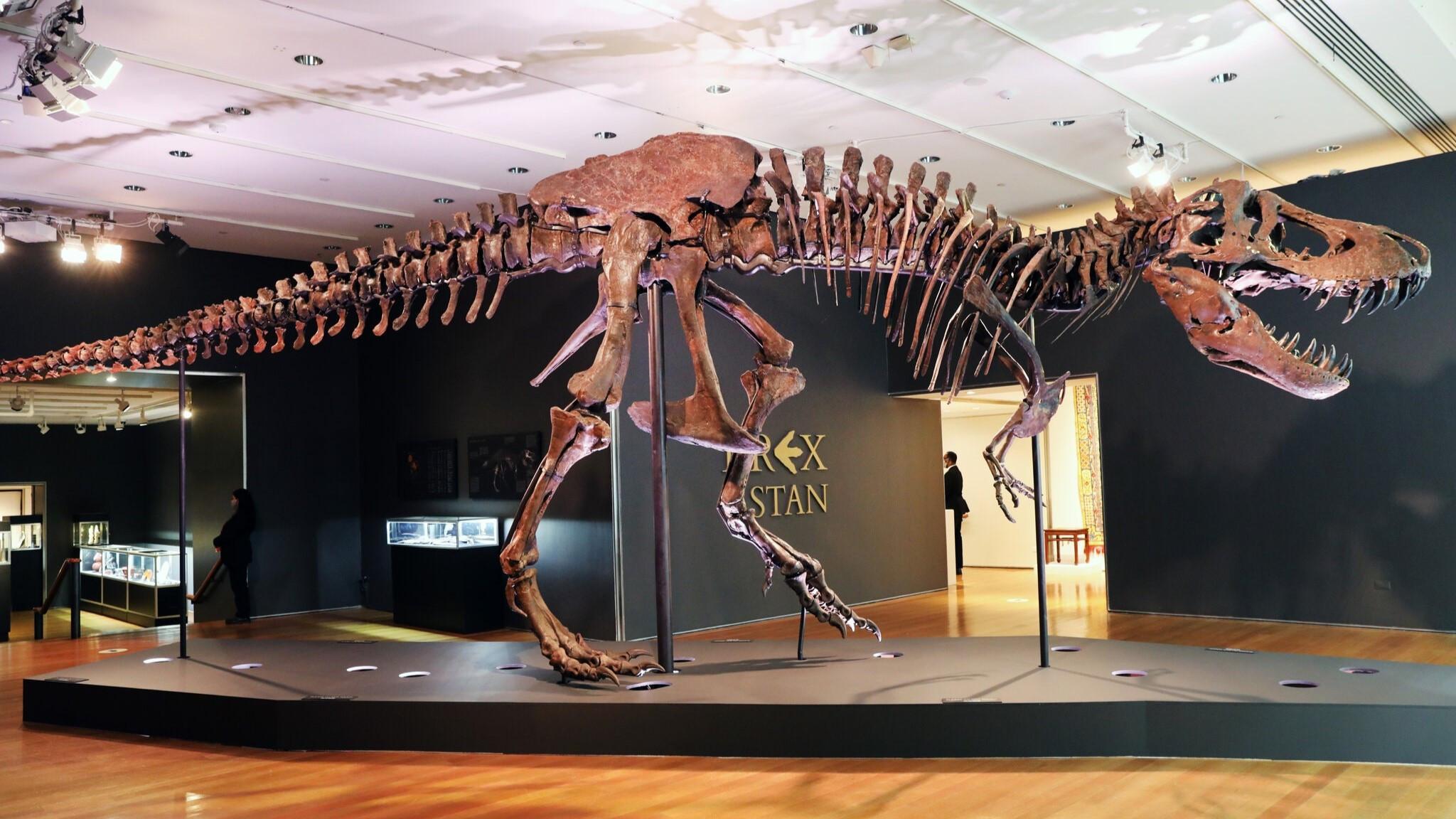
Fossilized digestive remains are unveiling new perspectives on how dinosaurs came to dominate the Earth, according to a study released on Nov. 27.
The research, featured in Nature, examined over 500 specimens of fossilized digestive material, referred to as bromalites, from the Polish Basin, highlighting how these prehistoric creatures adjusted to evolving ecosystems millions of years ago.
“Our study shows that you can use seemingly unremarkable fossils to get remarkable results,” said co-author Martin Qvarnstrom of Uppsala University, Sweden, as quoted by Nature as saying.
Using advanced methods like synchrotron microtomography, scientists analyzed the bromalites, which are believed to be 200 million years old.
This technique allowed them to uncover traces of fish, plants, and insects, with some specimens exhibiting remarkable preservation.
“Some insects were beautifully intact, with legs and antennae fully visible,” Qvarnstrom noted.
The findings revealed that dinosaurs’ diets became increasingly varied over time as larger species with diverse feeding habits began to dominate in the late Triassic period, suggesting adaptability was a key factor in their evolutionary success.
Additionally, the research connected these dietary adaptations to environmental transformations.
Climate-driven increases in humidity altered vegetation, and dinosaurs demonstrated superior adaptability in their feeding habits compared to other terrestrial creatures.
“The rise of dinosaurs was a long, complex process shaped by chance and adaptation,” Qvarnstrom explained.
According to Nature, paleontologist Suresh Singh from the University of Bristol commended the study as “an impressive piece of work,” underscoring its value in understanding how life evolves in response to environmental challenges, including climate change.
He also suggested expanding the study to explore regional differences in dinosaur evolution, particularly in the Southern Hemisphere, according to the journal.